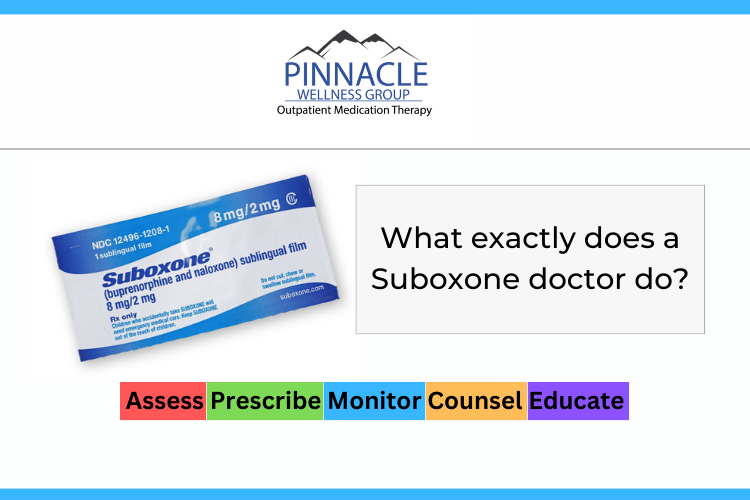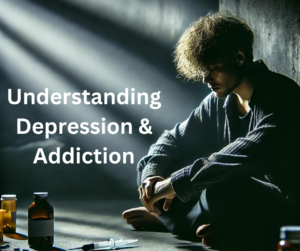A medical professional who specializes in treating individuals with opioid dependence or addiction is a Suboxone doctor. Suboxone, a medication containing a combination of buprenorphine and naloxone, is utilized as part of a comprehensive treatment approach known as medication-assisted treatment (MAT) for opioid addiction.
Here are some key responsibilities and roles of Suboxone doctors
Assessment and Diagnosis
Suboxone doctors evaluate patients to determine the extent of their opioid dependence and assess their overall health. This involves reviewing medical history, conducting physical examinations, and assessing the severity of withdrawal symptoms.
Prescribing Suboxone
Authorized to prescribe Suboxone as part of a treatment plan, Suboxone doctors help alleviate withdrawal symptoms and cravings, making it easier for individuals to abstain from the use of other opioids.
Monitoring Treatment Progress
Doctors monitor the patient’s progress throughout the treatment, adjusting the dosage of Suboxone as necessary. Regular check-ups and counseling sessions may be part of the treatment plan to address both physical and psychological aspects of addiction.
Providing Counseling and Support
In addition to medication, Suboxone doctors often provide counseling or refer patients to behavioral therapy programs. This helps address the psychological and behavioral aspects of addiction, providing support for lifestyle changes and relapse prevention.
Coordination with Mental Health Professionals
Collaborating with mental health professionals, Suboxone doctors ensure comprehensive care, especially for individuals with co-occurring mental health disorders.
Education
Suboxone doctors educate patients about the nature of opioid addiction, the benefits and potential side effects of Suboxone, and the importance of compliance with the treatment plan.
Assisting with Transition
In some cases, Suboxone may serve as a temporary measure to help individuals transition from opioid dependence to complete abstinence. The doctor assists in creating a plan for the gradual reduction and cessation of Suboxone.
It’s crucial to note that while Suboxone can be an effective part of opioid addiction treatment, comprehensive care often involves a multidisciplinary approach, encompassing medical, behavioral, and social components. Treatment plans are tailored to the individual needs of each patient.
Additionally, it’s important to incorporate more transition words to enhance the flow and coherence of the text.








